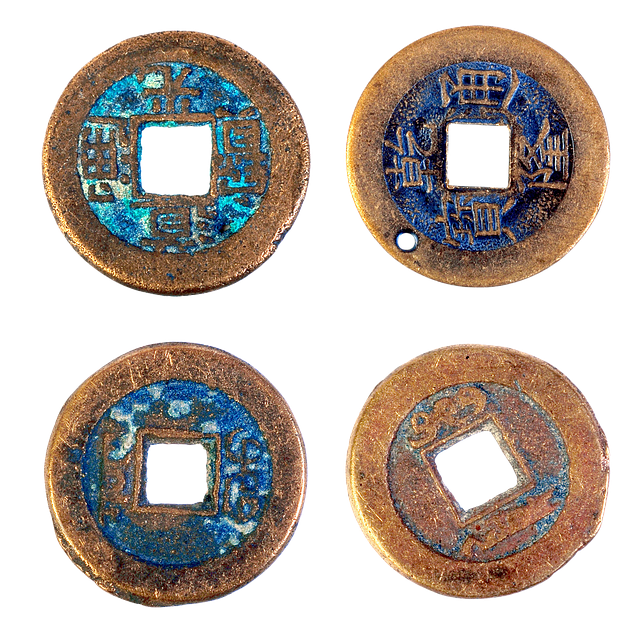Car title loan rollover offers extended repayment periods to avoid penalties and repossession but may increase costs. Late payments can lead to severe consequences like foreclosure and vehicle repossession. Borrowers can refinance for better terms or make additional payments to fully repay the loan early.
After a set period, car title loans enter a rollover phase. This article delves into the implications and available options surrounding this crucial process. Understanding the terms of your car title loan is essential, especially when facing potential consequences like late fees or even vehicle repossession.
We’ll explore what happens when you cannot repay on time and highlight various strategies to navigate this challenging situation, providing a comprehensive guide for those considering or currently involved in a car title loan rollover.
- Understanding Car Title Loan Rollover Terms
- Consequences of Not Paying on Time
- Options After Rolling Over Your Loan
Understanding Car Title Loan Rollover Terms

When considering a car title loan, understanding the rollover terms is crucial. A car title loan rollover refers to extending the repayment period for your loan beyond the initial deadline. This can be beneficial if you need more time to repay the borrowed amount. Lenders typically offer this option to help borrowers manage their finances without facing potential penalties or repossession due to late payments.
The rollover process involves negotiating new loan terms, which may include a longer repayment period and potentially higher interest rates. Some lenders also provide the flexibility of using a car title loan for debt consolidation, allowing you to combine multiple debts into one manageable payment. However, it’s essential to review the Loan Terms carefully, as extensions can lead to increased costs over time. Keeping up with communication and ensuring timely discussions about rollovers can help borrowers avoid complications associated with No Credit Check loans.
Consequences of Not Paying on Time

When a car title loan rollover period expires, failure to make the required payment on time can have significant consequences for borrowers. Lenders typically conduct a thorough credit check to assess the borrower’s financial health and determine their ability to repay the loan. This process is crucial in managing risk and ensuring responsible lending practices. If payments are not made as agreed, lenders may initiate foreclosure proceedings, allowing them to repossess the vehicle.
Repossession can lead to severe financial setbacks for borrowers, including additional fees, damage to credit scores, and the loss of a necessary mode of transportation. In some cases, borrowers might explore options like loan refinancing to secure more favorable terms and extend repayment periods, especially if they’ve experienced unexpected financial hardships during the rollover period.
Options After Rolling Over Your Loan

After a car title loan rollover period ends, several options present themselves for borrowers. One common path is to extend the loan term through another rollover, allowing more time to repay the balance. This can be beneficial if unexpected financial setbacks have hindered your ability to pay off the loan promptly.
Alternatively, borrowers can choose to restructure their payment plans by negotiating new terms with the lender. This may involve reducing interest rates or adjusting monthly payments to align better with their current budget. For those aiming to fully payoff the loan, it’s crucial to prioritize making additional payments towards the principal balance, which will reduce the overall cost of borrowing and help free up your vehicle collateral sooner.
When a car title loan rollover period ends, it’s crucial to understand your options. If timely payment isn’t feasible, consider exploring extended repayment plans or seeking financial assistance. Remember, proactive communication with lenders is key to avoiding default and potential consequences. By staying informed about Car Title Loan Rollover terms, you can make informed decisions to maintain control of your vehicle and financial well-being.






